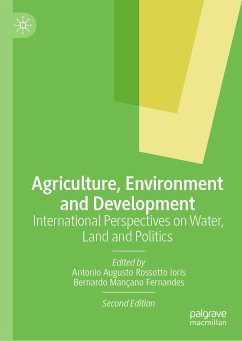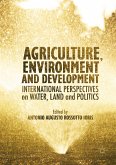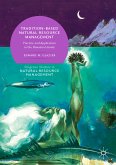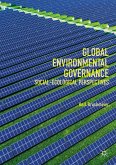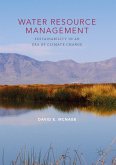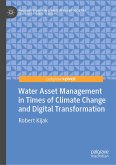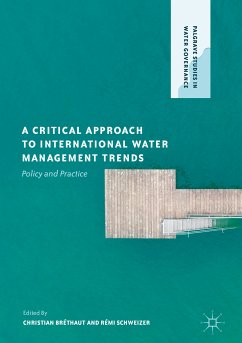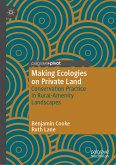The Second Edition of this book is completely revised and updated throughout providing an overview of current challenges faced within the area of Agri-food in relation to policymaking, ecological conservation and socio-environmental justice. Including a range of new chapters, the book explores some of the conceptual and analytical gaps that are presented by current approaches to this topic. The series of interconnected chapters offers a critical reinterpretation of the tensions associated with the failures of mainstream regulatory regimes, land and resource grabbing, and the impacts of global agri-food chains at local, regional and inter-sectoral scales. The book also examines past legacies and emerging challenges associated with agriculture modernisation, politico-spatial disputes, climate change, social movements, gender, ethnicity and education. It likewise addresses the transformative potential of different combinations of biophysical, socio-technical and socio-spatial practices of food sovereignty.
Antonio Augusto Rossotto Ioris is reader in human geography and director of the M.Sc. in Environment and Development at the School of Geography and Planning, Cardiff University. Associate editor of the journal Progress in Development Studies and author of, among others, the books "Agribusiness and the Neoliberal Food System in Brazil: Frontiers and Fissures of Agro-neoliberalism" (2017), "Frontier Making in the Amazon: Economic, Political and Socioecological Conversion" (2020) and "Kaiowcide: Living through the Guarani-Kaiowa Genocide" (2021). He edited "Agriculture, Environment and Development: International Perspectives on Water, Land and Politics", published in 2016.
Bernardo Mançano Fernandes is professor of the Graduate Programme in Geography and of the Graduate Programme in Territorial Development in Latin America the Caribbean, São Paulo State University (UNESP), and holder of the UNESCO Chair in Territorial Development and Education for the Countryside. He is CNPq Research Productivity Fellow and leader of the discipline of Geography at FAPESP.
Dieser Download kann aus rechtlichen Gründen nur mit Rechnungsadresse in A, B, BG, CY, CZ, D, DK, EW, E, FIN, F, GR, HR, H, IRL, I, LT, L, LR, M, NL, PL, P, R, S, SLO, SK ausgeliefert werden.
Es gelten unsere Allgemeinen Geschäftsbedingungen: www.buecher.de/agb
Impressum
www.buecher.de ist ein Internetauftritt der buecher.de internetstores GmbH
Geschäftsführung: Monica Sawhney | Roland Kölbl | Günter Hilger
Sitz der Gesellschaft: Batheyer Straße 115 - 117, 58099 Hagen
Postanschrift: Bürgermeister-Wegele-Str. 12, 86167 Augsburg
Amtsgericht Hagen HRB 13257
Steuernummer: 321/5800/1497
USt-IdNr: DE450055826
Bitte wählen Sie Ihr Anliegen aus.
Rechnungen
Retourenschein anfordern
Bestellstatus
Storno

